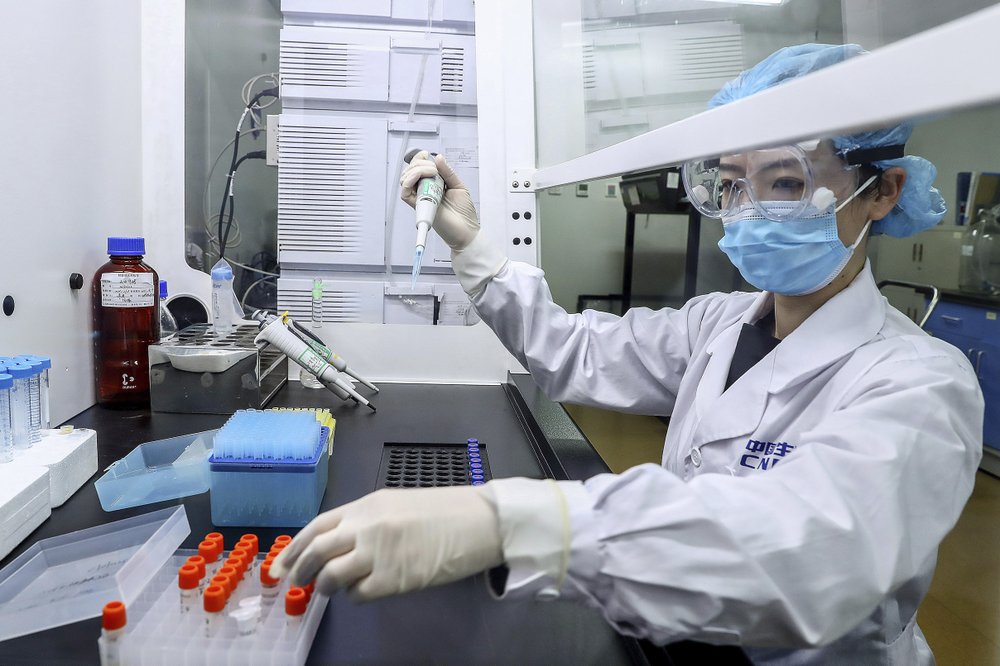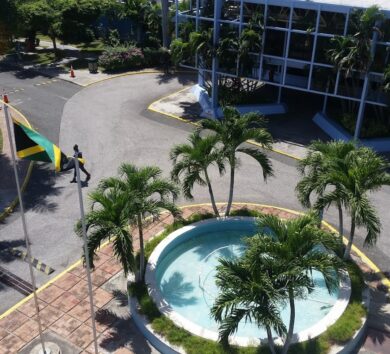
By Leng Shumei
Following the United Arab Emirates (UAE), Bahrain is the second country to approve a Chinese vaccine for COVID-19, announcing on Sunday (December 20) that it has greenlit a vaccine developed by the China National Biotec Group (CNBG) under the China National Pharmaceutical Group (Sinopharm).
Analysts said the move will help more countries, especially American and European countries, to step out of political bias and increase their trust in Chinese vaccines.
Bahrain’s National Health Regulatory Authority approved the vaccine after reviewing data from Phase III clinical trials in several countries that showed 86 per cent efficacy, media reported Sunday.
The vaccine also showed a 99 per cent seroconversion rate of neutralising antibodies and 100 per cent effectiveness in preventing moderate and severe cases of the disease, according to media reports.
The figure was the same as that revealed by the UAE a few days ago of a candidate developed by CNBG’s Beijing Institute of Biological Product, which the UAE approved on December 9.
Bahraini health authorities did not clarify which of the two CNBG vaccines it approved, but experts reached by the Global Times guessed it was the one developed by the Beijing Institute.
The figures look good vaccines based on inactivated virus, experts said.

Tao Lina, a Shanghai-based vaccine expert, told the Global Times on Sunday that it is not surprising that the UAE and Bahrain approved a Chinese vaccine while other candidates developed by Moderna and Pfizer/BioNTech have only been approved for emergency use in some countries, as vaccines based on inactivated viruses are a tried and tested technology and have proved safe time and again in other vaccines.
Bahrain earlier this month granted emergency authorization for the Pfizer/BioNTech COVID-19 vaccine, which is based on mRNA technology, media reported.
Both UAE and Bahrain participated in CNBG’s international Phase III clinical trials that kicked off in late June.
By September 14, trials were carried out in more than 10 countries with nearly 60,000 volunteers, said Yang Xiaoming, head of CNBG, at a forum in Beijing on Saturday.
According to Yang, as CNBG’s second-stage production lines are expected to be completed this month, production capacity is estimated to reach 1 billion vaccines in 2021.
Egypt, another country that participated in CNBG’s international Phase III trials said it is negotiating with the Chinese side over mass production in the country.

These moves show the confidence placed in China’s vaccines, and this will encourage more countries, especially American and European countries, to step out of their bias and increase trust in China-developed COVID-19 vaccines, Tao said.
Hungary could receive coronavirus vaccine samples from a Chinese manufacturer for testing, a state secretary for its foreign ministry said on Thursday, according to local media.
The country would seek emergency domestic approval of a Chinese COVID-19 vaccine rather than waiting as normal for a review by the EU’s European Medicines Agency, Hungarian Foreign Minister Peter Szijjarto said on his Facebook page, Reuters reported on Friday.
“The safety of the vaccine is not a political or ideological question, but a professional one,” he said. “If the experts make a positive decision, we will immediately begin drafting the contract to import the vaccine.”
This article is published courtesy of Global Times.







Comments